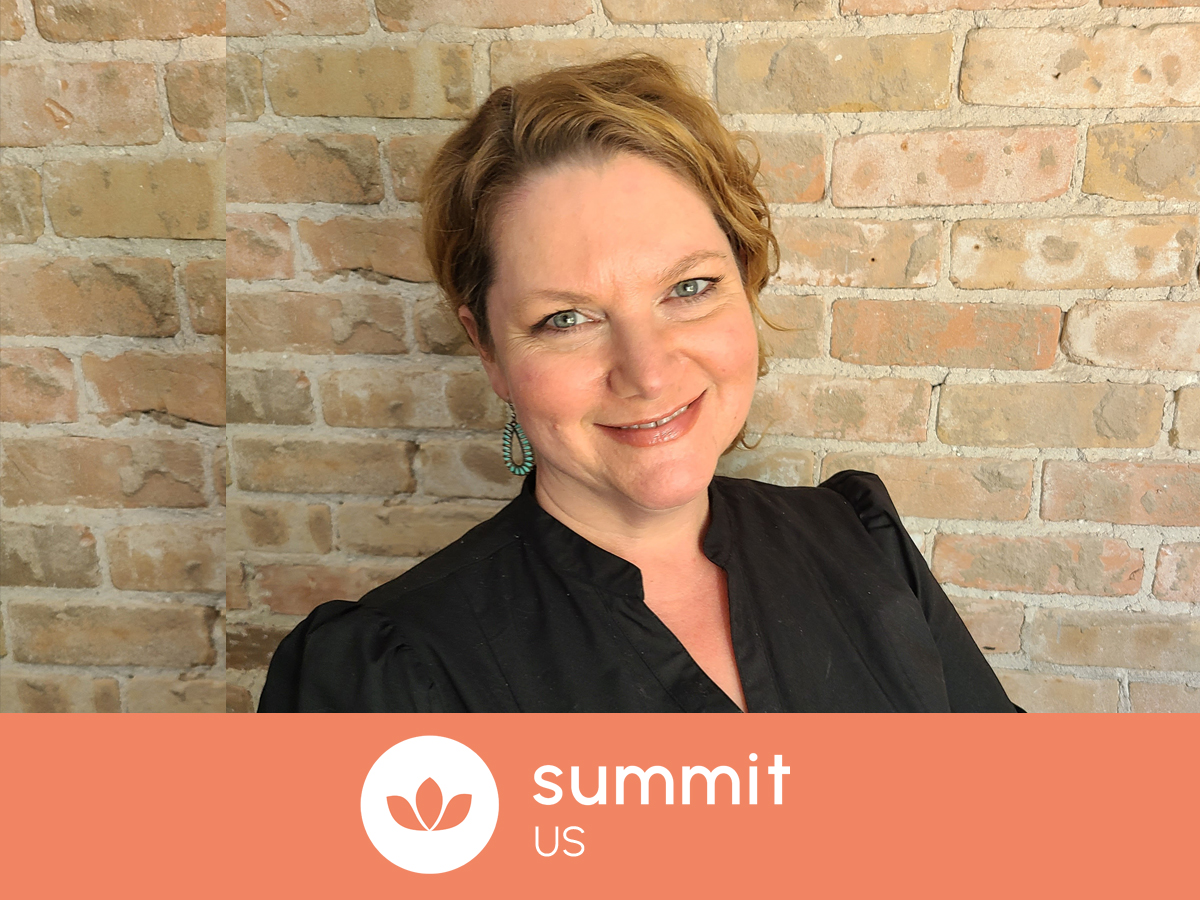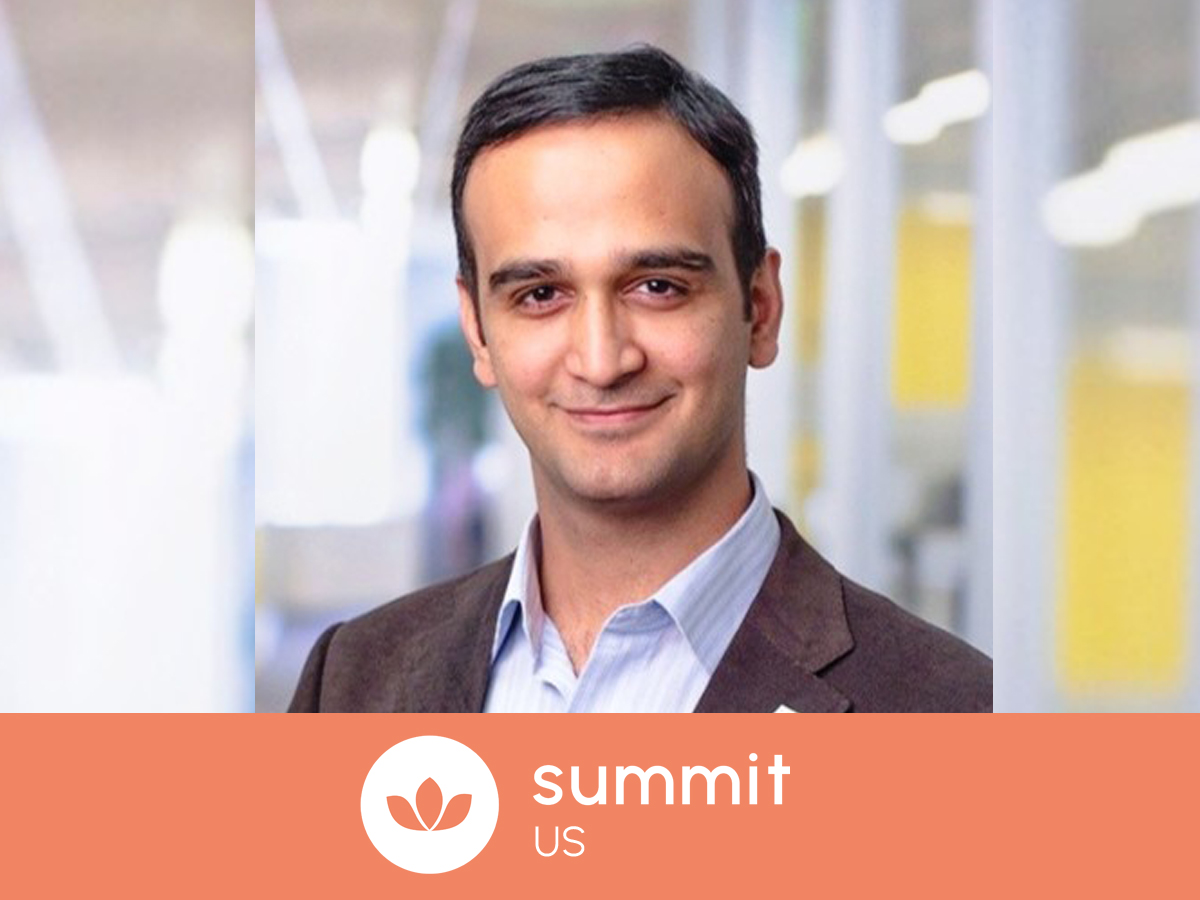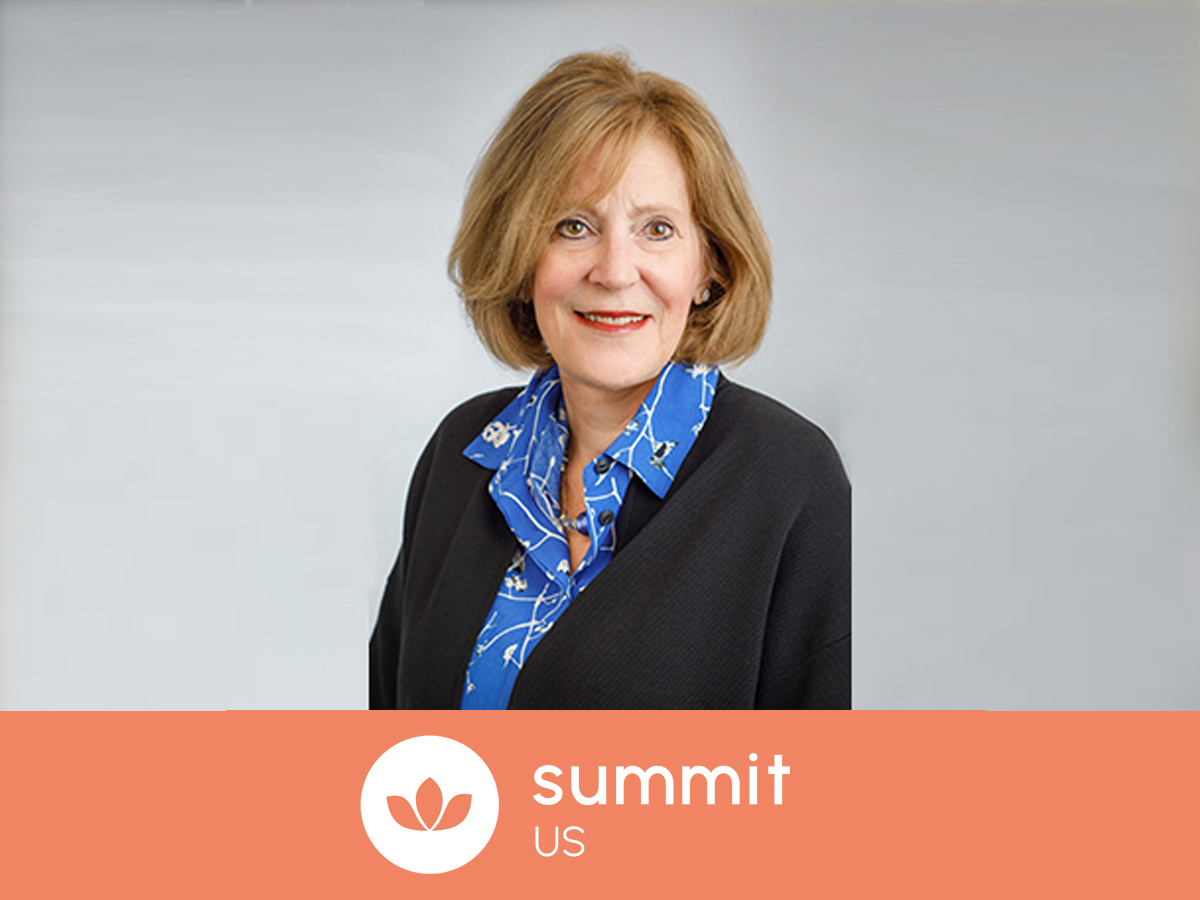
Charvi Gandotra is a Senior Director at Commonwealth where she concentrates on scaling solutions to support financially vulnerable consumers in the US. Prior to joining Commonwealth, Charvi worked in consulting at MicroSave and MicroPensions. At MicroSave, she provided strategic and implementation advisory services to large financial institutions and regulators to build an inclusive ecosystem for financial services in India, Myanmar, and Fiji. At MicroPensions, she developed innovative tech-enabled distribution channels to enhance the outreach of the national pension product of the Government of India.
We are delighted that Charvi will be speaking in Chicago as part of our US Summit Midwest. We caught up with her to see how she’s feeling in the runup to the event.
Hi Charvi, we are thrilled that you will be speaking at the Wellbeing at Work US Summit Midwest in May. Our first and most important question is, how are you doing today?
I am feeling optimistic and energized. My work often takes a while to show meaningful results, but when it does – it is incredibly rewarding. Being deeply optimistic is what helps me keep going. I read this somewhere and it stayed with me – long term optimist, short term pragmatist. That’s how I feel on most days, and remind myself on hard days!
As a leader based in the region, what are the main challenges you are facing when it comes to employee wellbeing and mental health?
My focus is expanding access to high-quality financial solutions that make people financially healthy. I worked in the South Asia and Pacific region for several years before moving to the US, and the opportunity that stands out to me in contrast is the proportion of population that is in traditional employment, meaning has access to some form of benefits through their employer. The workplace as a fundamental channel to reach these workers offers such immense opportunity. The challenge becomes leveraging and maximizing that channel in a way that makes sense for all – designing benefits that truly meet the needs of workers, and also make sense in the operational and budget realities of employers.
What strategies have you seen developing over the past 6 months, both internally and externally, that are moving the dial on wellbeing in the workplace?
There is increasingly a recognition among benefits leaders that employees are unable to make the most of their 401k and retirement for various reasons – a large one being that life is happening in the “now”, which makes it hard to plan for the future. Two interesting things underway, that I am also honored to work with many employers on are –
- Employers are looking at their overall financial wellness benefits and thinking about how to offer solutions that help with the “now”, e.g., short term savings, student debt support, childcare and savings support, etc. many of which are proven to both increase retirement savings as well as reduce leakage.
- Thinking about creative ways to drive awareness about existing benefits. Many employers I meet with share difficulties in reaching their unique populations effectively, and we are seeing an appetite to try new things out when the right support system is made available.
Why is employee wellbeing so important to you personally?
As an immigrant, I am very grateful for the financial wellbeing related support system my husband’s and my organizations offer to us – whether it is saving for the long term, or health insurance and flexibility related support that supported us through pregnancy and now raising a baby. Savings as a value system is also ingrained in me by parents who ran small businesses and lived paycheck to paycheck, but always prioritized consistent small-dollar savings. I have seen first-hand the emotional turmoil that comes from lack of financial security, and the sense of strength and relief when you have access to savings and solutions to navigate life. I am committed to expanding access to that relief and security.
What impact is AI having in your organization and how are you managing that?
Internally at Commonwealth, we are leveraging AI to turbocharge our research capabilities – when used well, it is an efficient starting point to guide more targeted research.
Externally, Commonwealth is committed to ensuring that the design of new financial technologies integrates the needs, wants, and aspirations of people living on low and moderate incomes (LMI). We provide design guidance focused on earning trust, driving engagement, increasing value, and improving accessibility, for financial institutions and other organizations that offer financial services to populations living on LMI using emerging technologies like conversational AI (chatbots) and automated financial management software.
Other than AI, are there any challenges that you are seeing for the first time and how are you addressing them?
Not the first time, but we work with many HR and benefits leaders who are committed to supporting their employees’ financial wellness (offer new benefits, drive engagement with existing benefits), but are constrained by operational realities primarily budgets – which add considerations to both what they are able to offer, and means to drive engagement, e.g., they can’t offer large monetary incentives. At Commonwealth, we have learnt how to creatively support these organizations – leveraging their existing resources like vendors and communications channels to drive impact.
What areas do you think employers should be focused on over the next 12 months?
Listening to their workforce to understand needs and barriers impacting their financial wellness, to help inform your next best dollar strategy and thinking. I also think there’s value in driving engagement with existing solutions through strategic communications that reach all workers, including non-wired workers who might not be looking at emails which is the primary comms mode. And for those organizations who are thinking about new benefits this year, I think there is value in looking at how they would impact retirement savings, which is so core to benefits leaders. E.g., if medical expenses are the big leakage driver, is there opportunity to improve your HSA? If student debt is hindering participation, is there opportunity to match student debt repayment towards retirement savings?
Do you feel that investment in employee wellbeing in the region is increasing or decreasing and is that a direct reflection on HR leaders’ increasing ability to demonstrate effective returns of their strategies to leadership?
I am seeing an intentional increase in financial wellbeing engagement. Healthcare costs are spiraling, and there is wider economic uncertainty as well, which add additional layers of complexity for benefits leaders. But I am seeing thoughtful Qs and approaches around understanding worker needs, and thinking about not just offering a solution, but also measuring the overall impact it has on employees and businesses particularly hiring and retention.
How has your organization been leading the way?
For over two decades, Commonwealth, a national nonprofit, has prioritized building workers’ financial security by partnering with leading employers, financial institutions, and policymakers to design practical, research-backed solutions—like emergency savings, 529s/child savings accounts, and other inclusive workplace benefits.
Through our Benefits for the Future initiative, supported by JPMorgan Chase, we’re collaborating with forward-thinking employers to expand access to impactful and intentional financial wellbeing benefits focused on workplace savings, debt reduction, and wealth building. This includes research to understand employee needs, motivations, and barriers; driving adoption and engagement with existing benefits; support with offering a new benefit; and/or impact measurement and storytelling to share impact and learnings. I’d be happy to chat with anyone interested to learn more!
Charvi will be speaking in Chicago at the Wellbeing at Work Summit US Mid-West which takes place on May 1 2025. Further details on the Summit can be found here.



